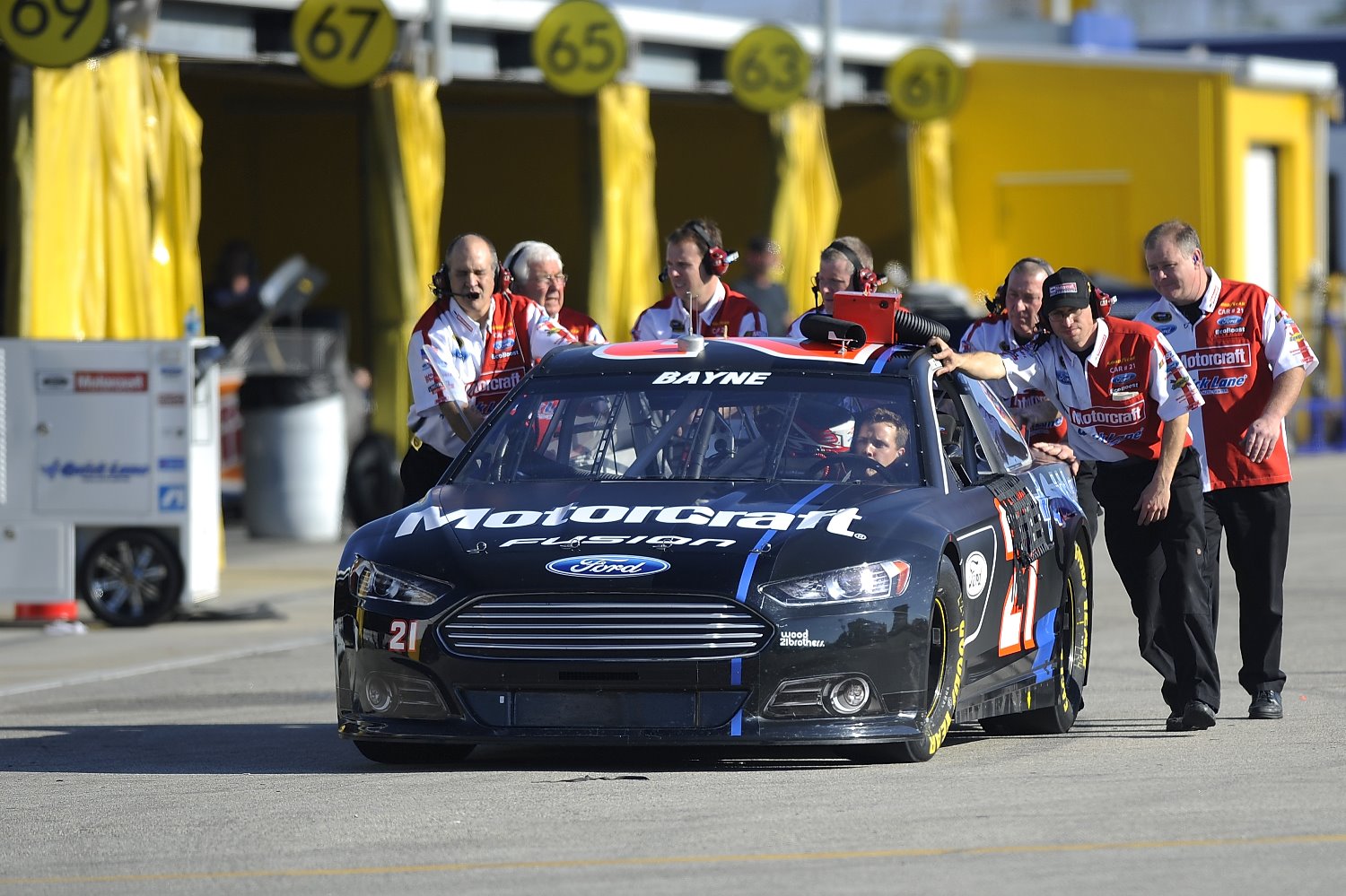Carbon Fiber hoods and decklids in short supply
 |
| Trevor Bayne |
Teams are scrambling as they try to build cars for the 2013 season, with the words “hood" and “decklid" making crew chiefs cringe.
NASCAR decided late last year that it would switch to carbon fiber hoods and decklids for the new car. Each manufacturer is producing its hoods through a vendor (it is considered a piece that must come from the manufacturer) while NASCAR decided that all decklids — the only piece of the bodies that are the same for each manufacturer — must come from the same source.
But getting those pieces has been a challenge for teams. The shortage of hoods and decklids has put nearly every team behind in building cars for the 2013 season. More than a dozen teams had to leave last week’s three-day test session at Daytona early after a 12-car wreck damaged several cars. Most of those teams didn’t have backup cars and many teams left the test because of the fear of wrecking or damaging their only Daytona car.
Michael Waltrip Racing crew chief Brian Pattie said Thursday that each of the three MWR teams has only six cars built so far compared to 10 at this time a year ago.
The decklids are being produced by Composite Resources, a Rock Hill, S.C. company that primarily works in the aerospace and military industry and which won the contract through a bidding process. The company is active in sportscar racing, owning Core Autosport, which competes in the American Le Mans Series.
The company can make at least 50 decklids a week and this past week was able to boost production to 70, according to owner Jon Bennett.
“We started production of the decklid in mid-December," Bennett said in an e-mail. “Production has been on a steady ramp up since we started. … We know the teams need decklids ASAP to provide ample time to get their racecars built for Daytona and races that follow.
“For the moment, we are following NASCAR's lead on production targets and releases to teams. Our production has steadily increased from 12 decklids on week one to our current 50-plus per week."
Bennett said the company is working around the clock six days per week (three shifts a day) and expects that type of production through February. Sporting News
